General dentistry encompasses a broad range of diseases and disorders of the oral and maxillofacial region. Everyone should see a general dentist for routine oral health examinations, twice-yearly cleanings, and treatment of routine oral health complications, such as minor tooth decay.
General dentistry is as much about prevention as it is about treatment. Patients who visit a general dentist can expect professional oral health care, as well as education and advisement about self-care between office visits.

Frequently Asked Questions
Do I need to visit a general dentist?
Yes. Even if you are not currently experiencing any symptoms of tooth decay or gum disease, it is important to visit your dentist for a thorough examination and cleaning. Despite daily brushing and flossing, your teeth can still accumulate tartar that can harbor bacteria. These bacteria can lead to gum disease and tooth decay if not professionally removed at your dentist’s office.
What should I expect during my dentist visit?
Your visit will begin with a general inspection of the condition of your teeth. If you have not been to the dentist in a while, your dentist may order x-rays. An oral hygienist will then use special metal instruments to gently scrape away tartar along your gum line. Later, your dentist will review your x-rays and discuss any symptoms you may have been experiencing. He or she will then make a recommendation for treatment (if applicable) and answer any questions you may have.
Are there any special instructions I need to follow after seeing my dentist?
Based on the results of your dental check-up, your general dentist may recommend that you return for treatment or follow a special at-home oral care plan. You may also be referred to a dental specialist for treatment of advanced oral health conditions.
More About General Dentistry
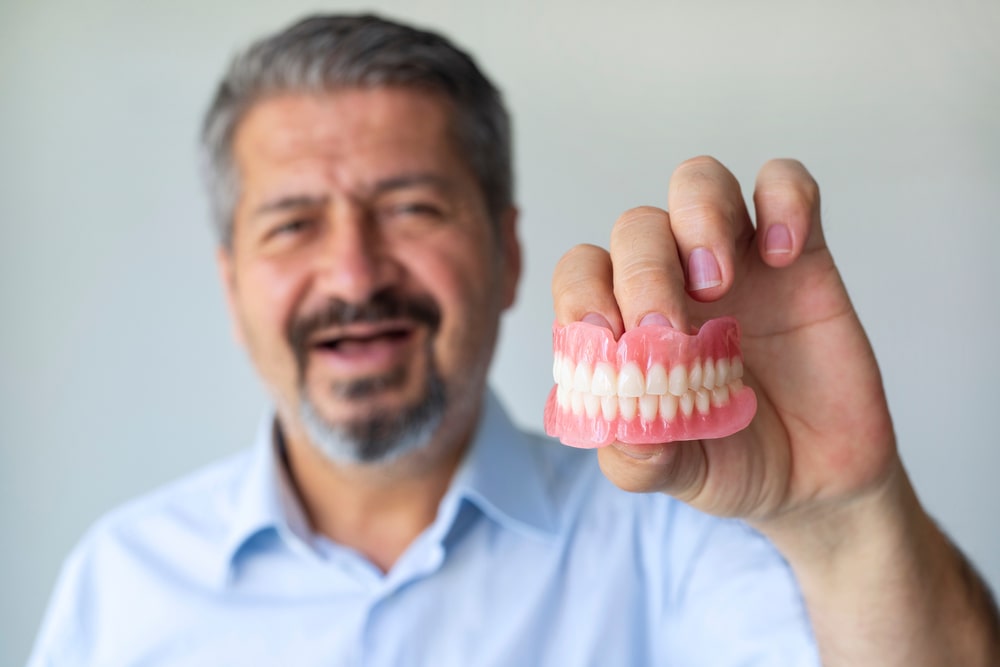
Dentures
Removable Dentures Though many advances have been made in the field of dentistry, loss of teeth is still an ongoing problem In the United States,

Children’s Dentistry
What is a Pediatric Dentist? Pediatric dentistry is a specialized field of dental treatment, revolving around the dental care needs of children. Dentists who specialize
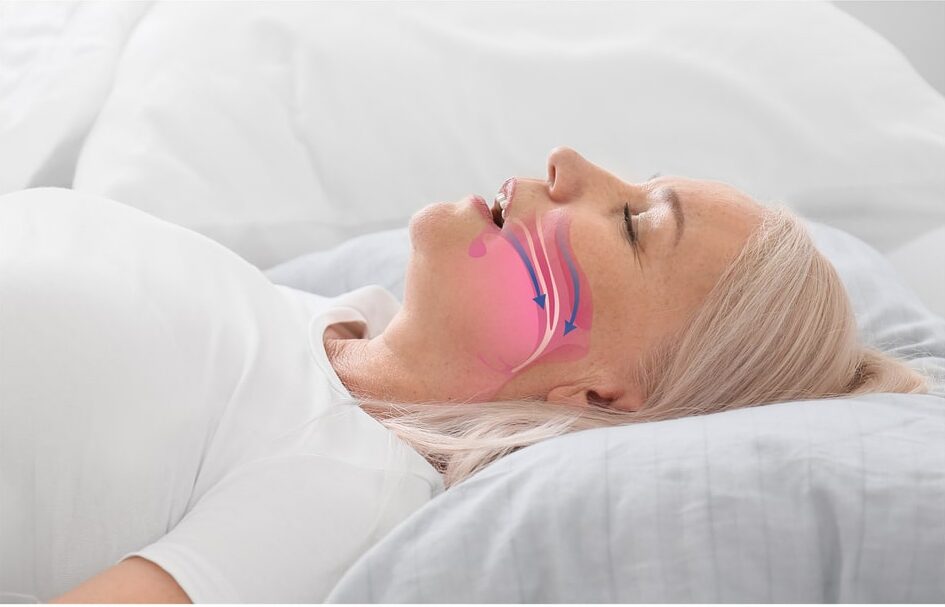
Sleep Apnea
What is sleep apnea? Millions of Americans suffer from sleep apnea. People with this disorder take shallow breaths or literally stop breathing for short periods
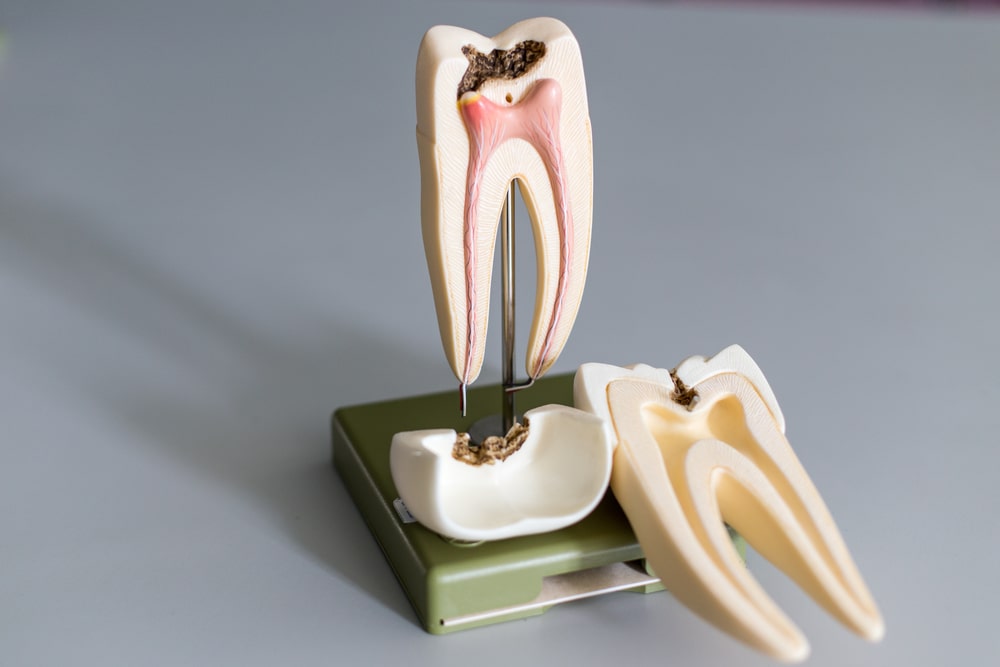
Root Canal Treatment
Every tooth consists of three different layers. The outermost and hardest layer is enamel, and the second layer is dentin. The third is pulp, which
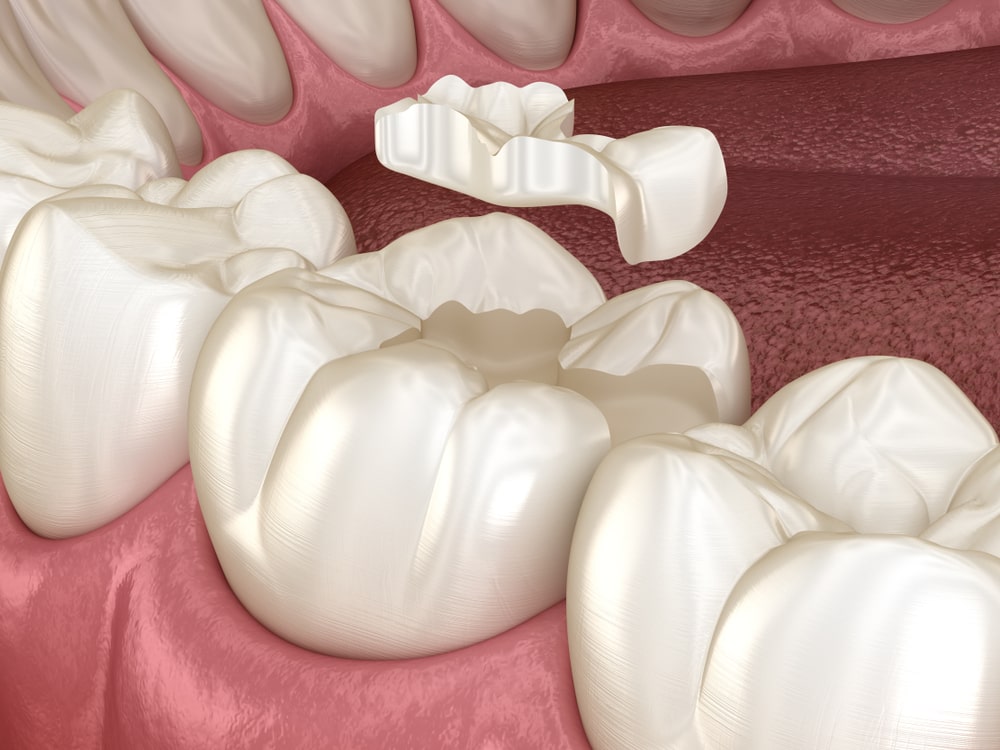
Inlays and Onlays
Inlays and Onlays are lab-made restorations that are placed on teeth when the cavity or lost tooth structure is too large to be restored by

TMJ Treatment
TMJ is the joint that connects the lower and upper jaw. The term TMJ stands for Temporo-mandibular Joint. This is one of the most complex
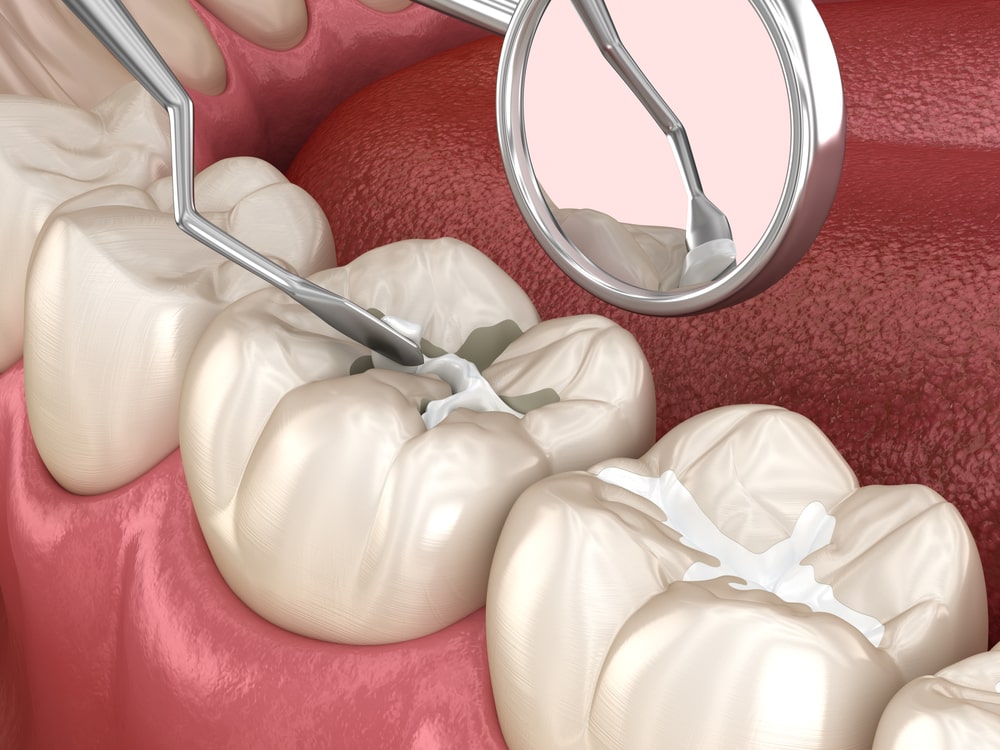
Dental Sealants
Sealants are thin layers of resin that are placed on the pits, fissures, and grooves of molars to prevent decay on these surfaces. The majority



